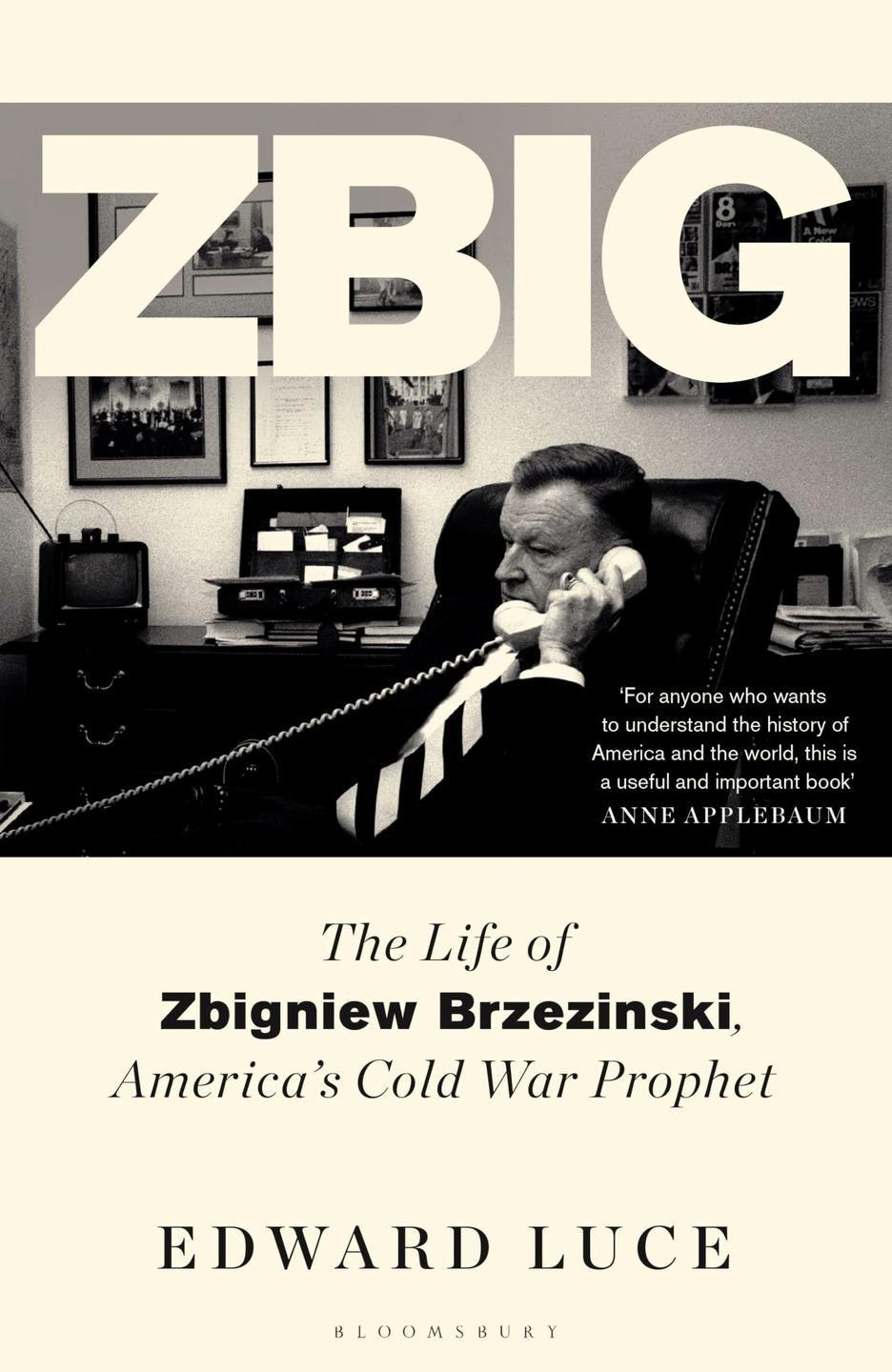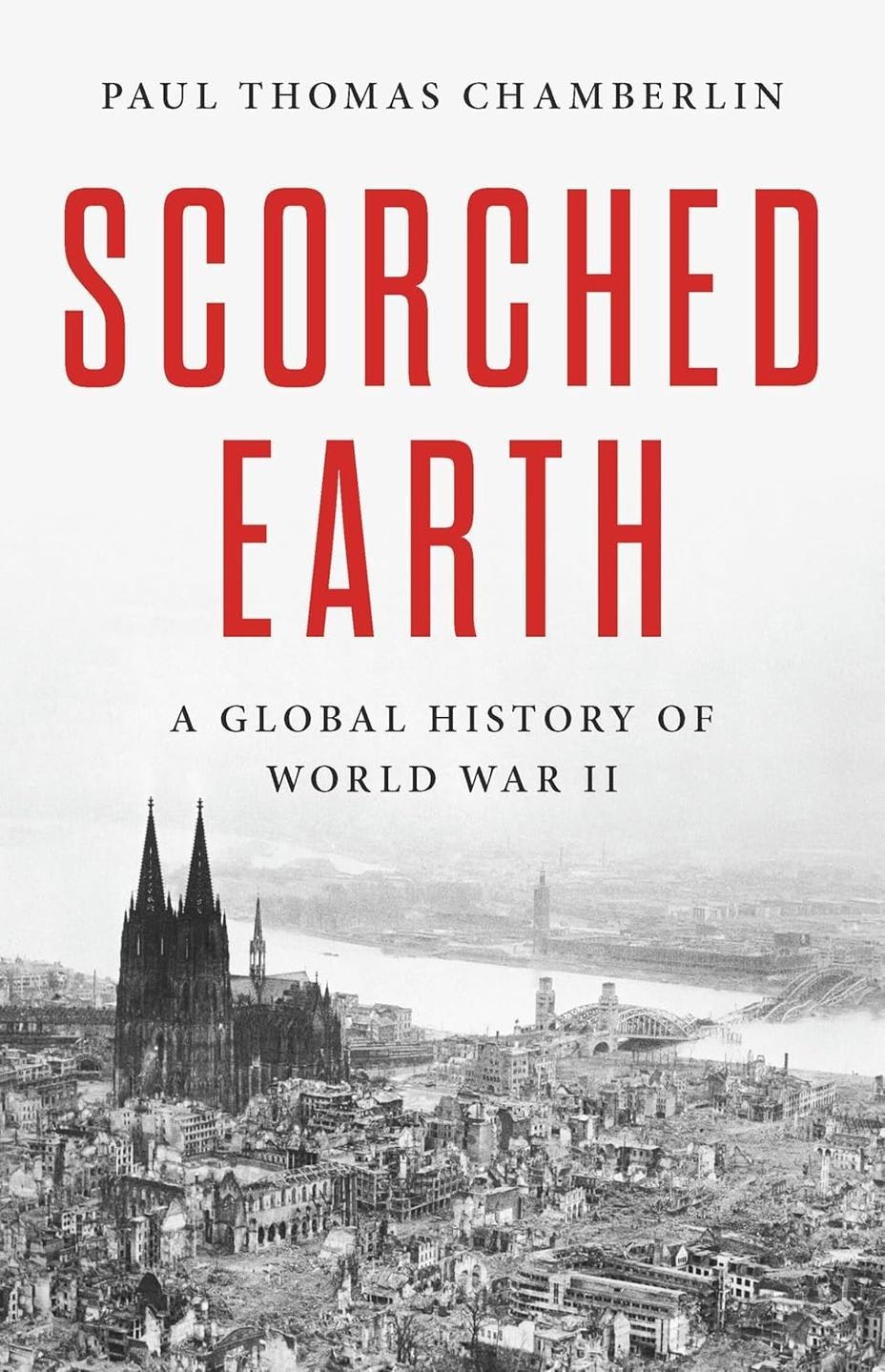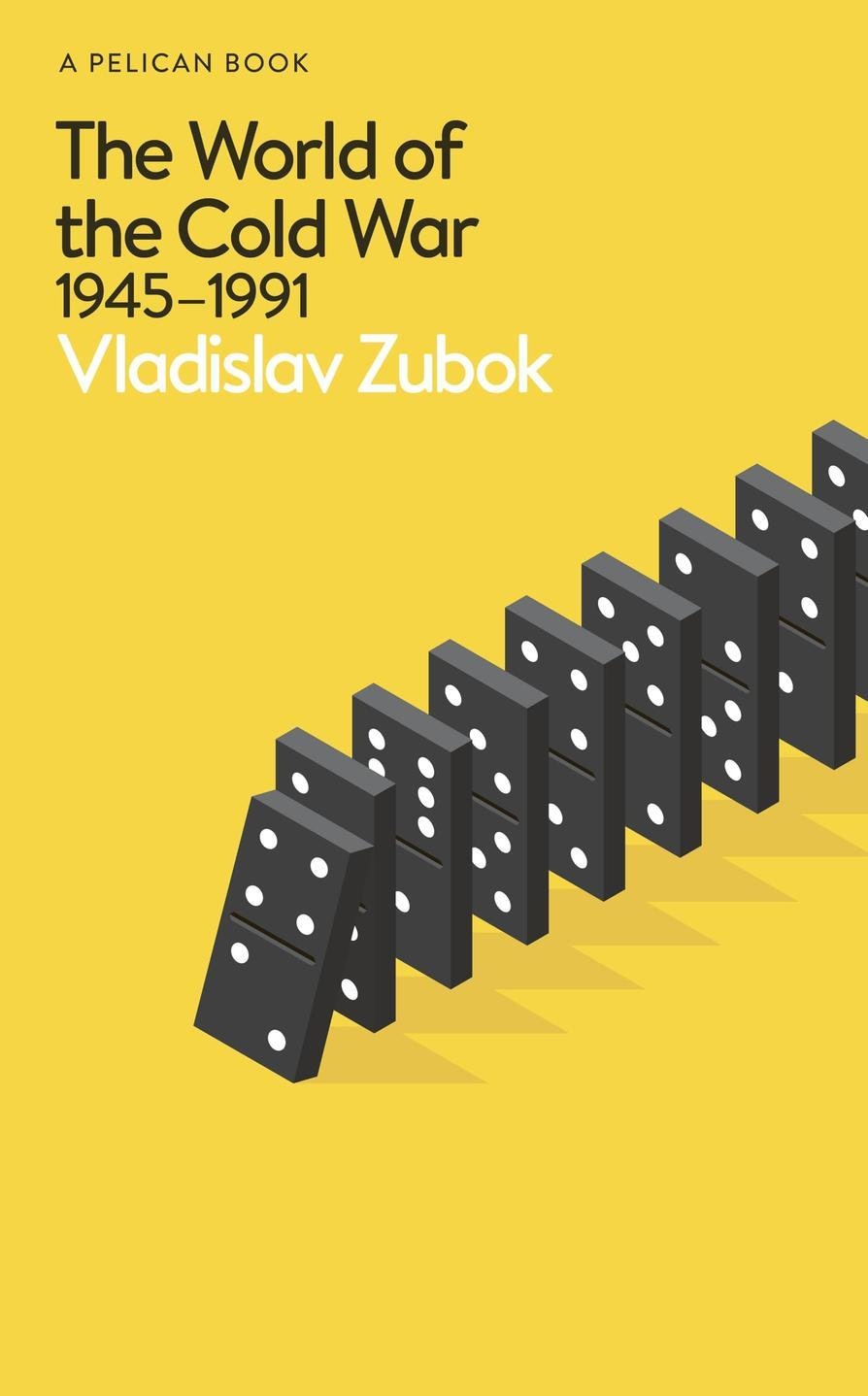This article is taken from the August-September 2025 issue of The Critic. To get the full magazine why not subscribe? Right now we’re offering five issues for just £25.
But for an accident of bureaucracy Zbigniew Brzezinski might have gone to Oxford. This semi-stateless Pole could have become a British Sovietologist — then, perhaps, have returned to Canada and become a big noise there. Instead, denied a visa here he ended up going to Harvard and eventually became Jimmy Carter’s National Security Advisor, doomed forever to be in Henry Kissinger’s shadow.

The FT’s US editor, Edward Luce, has written an exemplary biography of his sometime Washington lunching buddy, having clearly fallen in love with Zbig. It was a big life and there was lots to enjoy. At Harvard, Luce notes that Zbig was rightly there to be ambitious, not to be a scholar.
Yet the worst factional insult his own Democrat foreign policy peers could reach for was precisely that he was too academic — that the jargon-ridden theorist was spouting Eastern European-accented “globaloney”.
Zbig’s downfall (along with Carter’s) stemmed from a man so realistic about power utterly misunderstanding how weak and decadent his Persian hosts were. Ardeshir Zahedi’s notorious drug, caviar and Liza Minnelli-filled Iranian embassy in DC attracted Zbig for very simple reasons. Between 1972 and 1977, nearly 50 per cent of America’s military exports went to the Shah. This was a nice friend to have, and few questions were asked.
His rise to power — if he wasn’t quite Kissinger’s “president of foreign policy”, he was certainly teacher to Carter’s student — lay in Brzezinski’s ability to ask the questions Westerners wouldn’t of the Soviets. This task was begun in American academe, then, due to the virtues of America’s superior political system, extended to him doing the same job in her national security state.
As examples of what Brzezinski fought against in the universities, and ultimately lost against both there and inside the Democrat party, we have two accounts of how America became and stayed Top Nation. Paul Thomas Chamberlin’s Scorched Earth: A Global History of World War Two and Vladislav Zubok’s The World of the Cold War 1945–1991 both fancy themselves novel and “global”, whilst being hackneyed even by the standards of Zbig’s 50s and 60s salad days.

Chamberlin gives us parody-level progressivism applied to history. There is never violence; there’s always “colonial violence”. “The premises of Auschwitz and Hiroshima can be found in the colonial world,” he obscenely claims. When the Allies planned D-Day, “they drew on a wealth of knowledge gained over generations of war in the colonial world”, he moronically asserts.
Here is the world as Stalin’s academic defenders have always seen it: Soviet paranoia that, immediately after the Barbarossa the British had warned them about, London might ally with Russia’s former partner is credulously nodded at. Arduously we are instructed that WWII was not a “good war”, whilst Moscow finds herself obliged to occupy half of Europe for half a century (because Anglo-American rule in Italy was so provocative).
Indeed, “recent scholars have argued that regimes across Eastern Europe in fact chose to adopt Soviet models of their own accords” — which tells us so painfully much about recent scholarship. Zbig railed half a century before against “the alienated members of the American upper middle class whose craving for vicarious revolutionary virtue takes the form of wallowing in apocalyptic rhetoric at opulent penthouse cocktail parties”. Their children and grandchildren are very much still with us.
Brzezinski prided himself that whilst foreign-Americans (for want of a better term) like him were muscular and realistically right, elite American-Americans were too often SDS-aligned solipsistic narcissists when it came to foreign policy. As an actual foreigner, and former Soviet citizen, Vladislav Zubok’s account of the Cold War Zbig fought in is much more worthwhile than Chamberlain’s hot war effort.

Zubok knows it was “the experience of the past” rather than ideas which drove the Cold War. He is honest enough to admit that whereas the Anglo-American armies would have willingly gone home after the war, the Soviet horde did not. Yet he still believes East–West confrontation was due to “exaggerated” fears about the Russians and the US’s desire to step into Britain’s place.
A much better way of understanding the Cold War is to see it as a direct continuation of the West’s opposition to, and justified fear of, the USSR from the revolution onwards. This is obscured only by the immensity of 1939–45. Western willingness to resist the Soviet challenge was a fact from 1917: a prejudice Zbig imbibed with his mother’s milk.
Thus — contra Zubok — Kennan’s Long Telegram, containment, the Truman Doctrine and all the over-analysed rest of it didn’t cause anything: they just dressed up the truth that Russia was a threat, and you had to be a purblind fool not to see that.
Ironically, containment was explicitly the pre-war appeasement its authors drew their own legitimacy from damning. This was what gave the Cold War its peculiar intellectual flavour in the West. The claimed lessons of appeasement — that an allegedly existential threat must prudently be confronted — were abandoned in favour of managed, peaceful co-existence.
Like Brzezinski at the time, Zubok is good on how the Russians led rather than ruled Eastern Europe — and, of course, Cuba too. Soviet “hardliners” are shown clearly as being palsied conservatives who wanted détente precisely in order to preserve the status quo. All the while cheered on by their idiot radical allies in the West. Which is where Brzezinski comes in.
It’s entirely to America’s credit that her politics encompasses so many more entry points — as once upon a time, imperial Britain’s did too. The son of forlorn Polish diplomatic refugees in Canada could hack his way into elite universities, which in turn worked sensibly with the government machine, and provided him with a viable, well-resourced, political and academic career. No one here can imagine our state letting, say, Niall Ferguson run something. This demarcation of roles, and lives, is a vast weakness, not strength.
August 1966 sees Zbig’s obiter dicta to himself — “Only way to get action: President needs something for domestic reasons; you feed it in. Foreign policy made on the run; function of domestic policy.” Which is a better summary of how foreign policy happens than most international relations theorists have managed in a century of scholastic drivel.
Unfortunately for Brzezinski, at every stage of the game — seduction, consummation and recollection — and contrary to the ardour of Luce, Kissinger was better at it than him. Zbig got who his enemies on his own side were, and by his manner created plenty more. He knew what was rotten about the sclerotic USSR, and he loved what was gloriously right about America and the West. But Nixon and Kissinger were simply so much more creative and, from liquidating Vietnam to embracing China, did vastly bigger things.
When Zbig got his chance, Carter’s administration was a disaster, not helped by the president lacking a chief of staff for most of his term and his National Security Advisor simply being too preeminent (Carter’s first and last meetings were with him). Maybe the accent on human rights (for white Europeans at any rate) did make a difference round the edges, and perhaps the Soviets didn’t simply dissolve themselves. But Carter manifestly didn’t win the Cold War. Reagan did that.
Camp David happened without Zbig; however much Luce tries, Afghanistan was no kind of “Soviet Vietnam” trap baited by Brzezinski. “Policy,” Kissinger wrote, “may be based on knowledge, but its conduct is art.” Zbig knew what was true. He just couldn’t do it.











